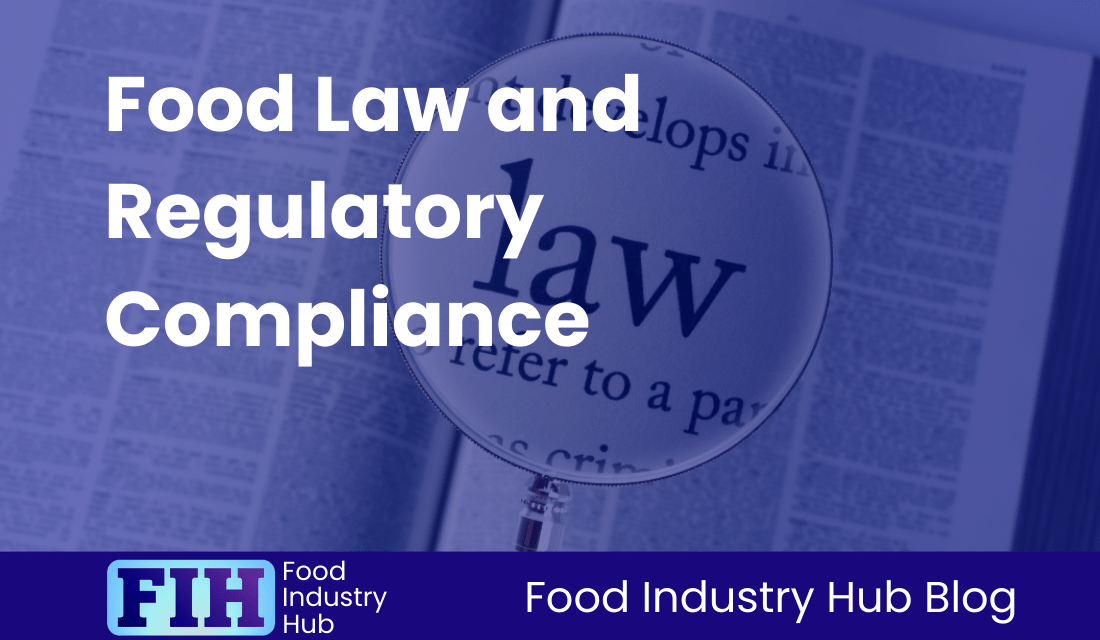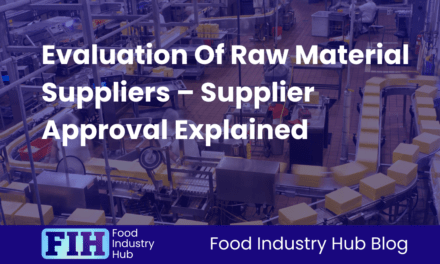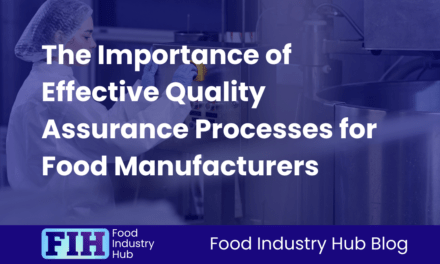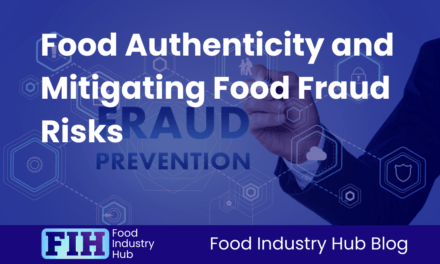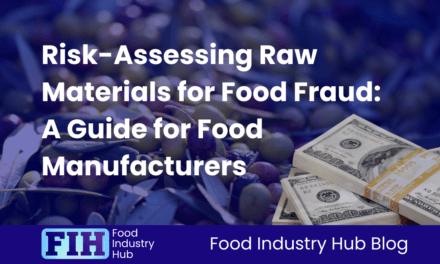Introduction
Every food manufacturer has an obligation to maintain an awareness of – and comply with – applicable regulations. To support, we’ve brought together a range of informational resources which either facilitate regulatory awareness or can be used in support of legal compliance. In this post, we’ll also provide a brief commentary on how some of these resources can be used to incorporate legal compliance into your operations.
As we dive into the topic, you may also like to check out The Food Industry Hub Signposting Service, which presents a broader collection of food industry resources than are included in the scope of this post.
You will also be interested to know that we offer software for food manufacturers – with management systems specially tailored to the food manufacturing industry.
The following is a selection of resources chosen for their value in supporting regulatory compliance.
Regulatory Frameworks
The regulatory interventions we’ve included in this signposting collection can’t be exhaustive, but we’ve tried to create a useful reference for food manufacturers operating across different international markets.
Food manufacturers need to comply with manufacturing standards within the jurisdiction they operate within, as well as product standards in the market that the finished product will be sold within. For domestic producers, these will often be the same, while exporters will need to maintain familiarity with multiple sets of regulatory frameworks. There can also be instances where domestic products may be governed by international regulations – so for example, member states of the European Union may be obliged to comply with both their domestic laws and the regulations imposed by the European Commission.
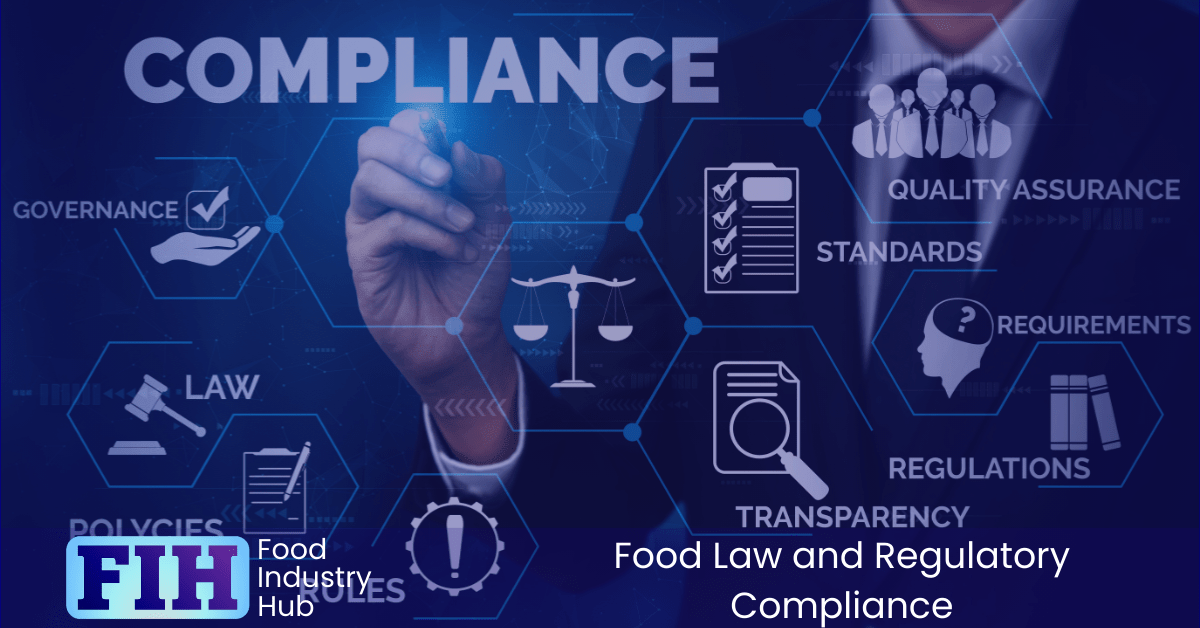
Using The Regulatory Resources
There are numerous instances where it is an advantage to use multiple informational resources in conjunction.
For example, an assessment of regulatory risk exposure and constraints for chemical risks applied to products manufactured for sale in the EU might make reference to chemical contamination law, the food additives database, food contact materials legislation, nutrition and health claims, and the pesticides database (among others).
For this purpose, there is a set of regulations that define the criteria for compliance, supported by databases that enable particular chemical parameters to be referenced for individual limits – as well as addressing context risks such as migration of contaminants across food contact materials, or the chemical profile of a product expressed in nutritional terms.
Sign-up for the Food Industry Hub Mail Service
We regularly produce new content for food industry professionals, and the Food Industry Hub Mail Service is the best way to stay up to date with the latest additions.
Signup today to be added to the Food Industry Hub mailing list.
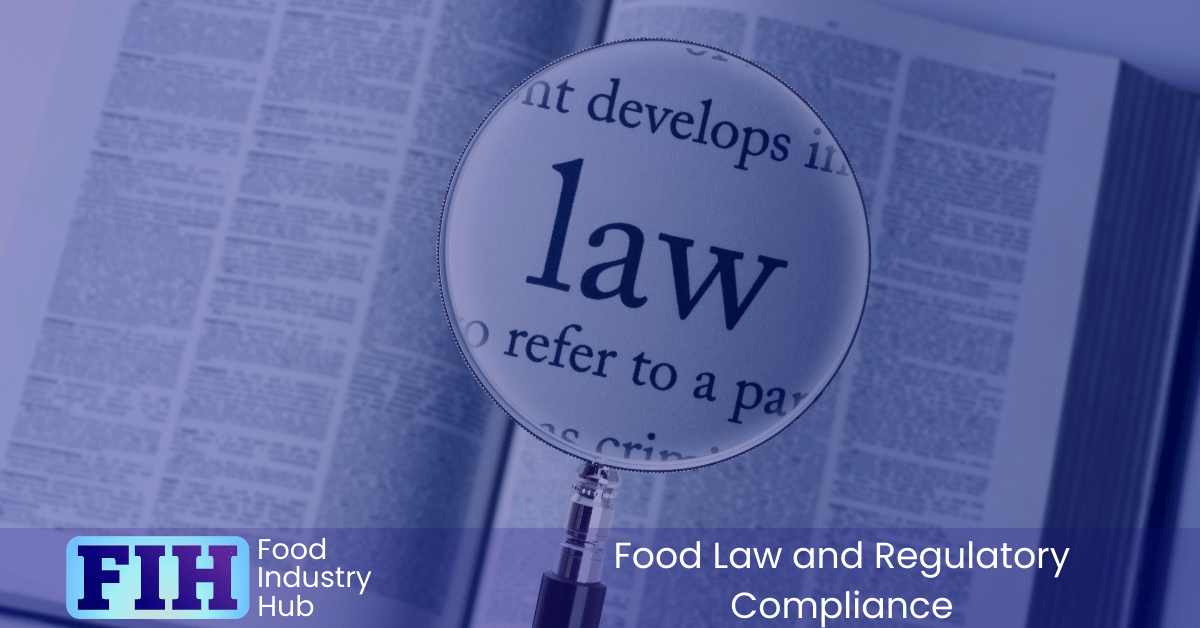
In Summary
Regulatory compliance is business-critical, so it can’t be deprioritised. It can be time-consuming to reference all of the applicable informational resources – so this collection of information providers is intended to make it easier to access legal information and understand applicable compliance restrictions.
Having systems in place to keep the site informed of relevant legislation (among other things) is an expression of senior management commitment. For sites operating to the BRCGS Food standard, this is expressly required at clause 1.1.8 – so every food manufacturer should take this responsibility seriously.
Also keep in mind, the purpose of prerequisite programmes facilitating the implementation of the HACCP plan is to allow for the production of safe and legal products – so being conversant with food law is necessary for the HACCP plan.
Every food manufacturer is responsible for carrying out research into applicable laws based on their individual process and product characteristics. The list we have provided here cannot be comprehensive, and we recommend each food business to perform their own diligence and/or employ the services of a legal/regulatory consultancy service such as Campden BRI.
Compliance or non-compliance can only be determined by the judicial branch of the regulatory body in each jurisdiction – so legal compliance cannot be guaranteed y any agency. That acknowledged, expert support can establish a due diligence defence against punitive interventions. Domestic and international food law is a complex subject, requiring some level of professional expertise to confidently navigate.
Further Resources
Food Industry Hub serves the food industry with a range of digital resources for the benefit of both commercial food manufacturers and food industry professionals.
For food manufacturers, we offer integrated management systems that give every user a direct interface with your QMS.
For food industry professionals, we provide an extensive signposting service in addition to informational content we hope you’ll find useful as you face new professional challenges. We have very ambitious plans to expand the range of services offered, and currently present informational content on management, safety and quality, and professional success.

